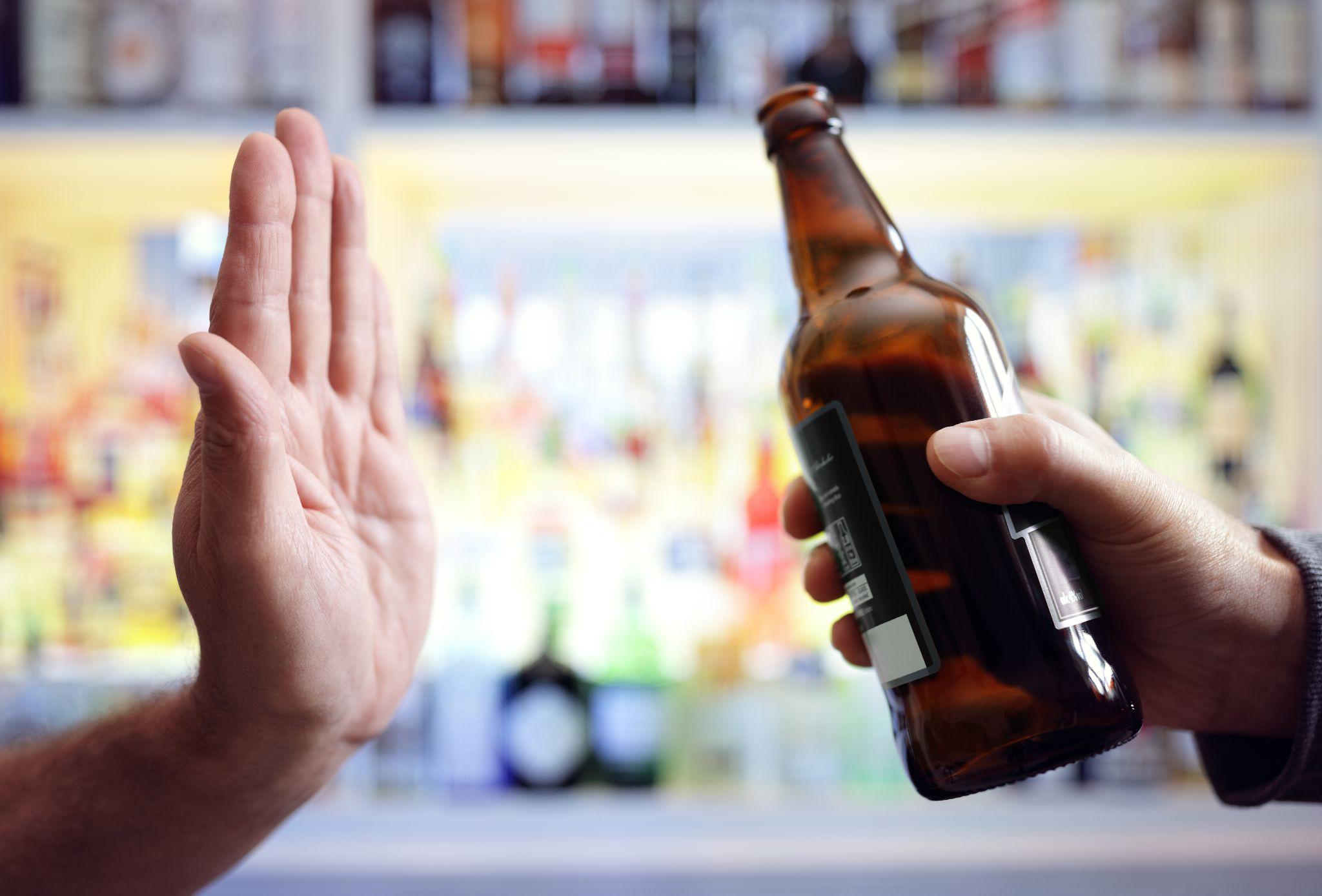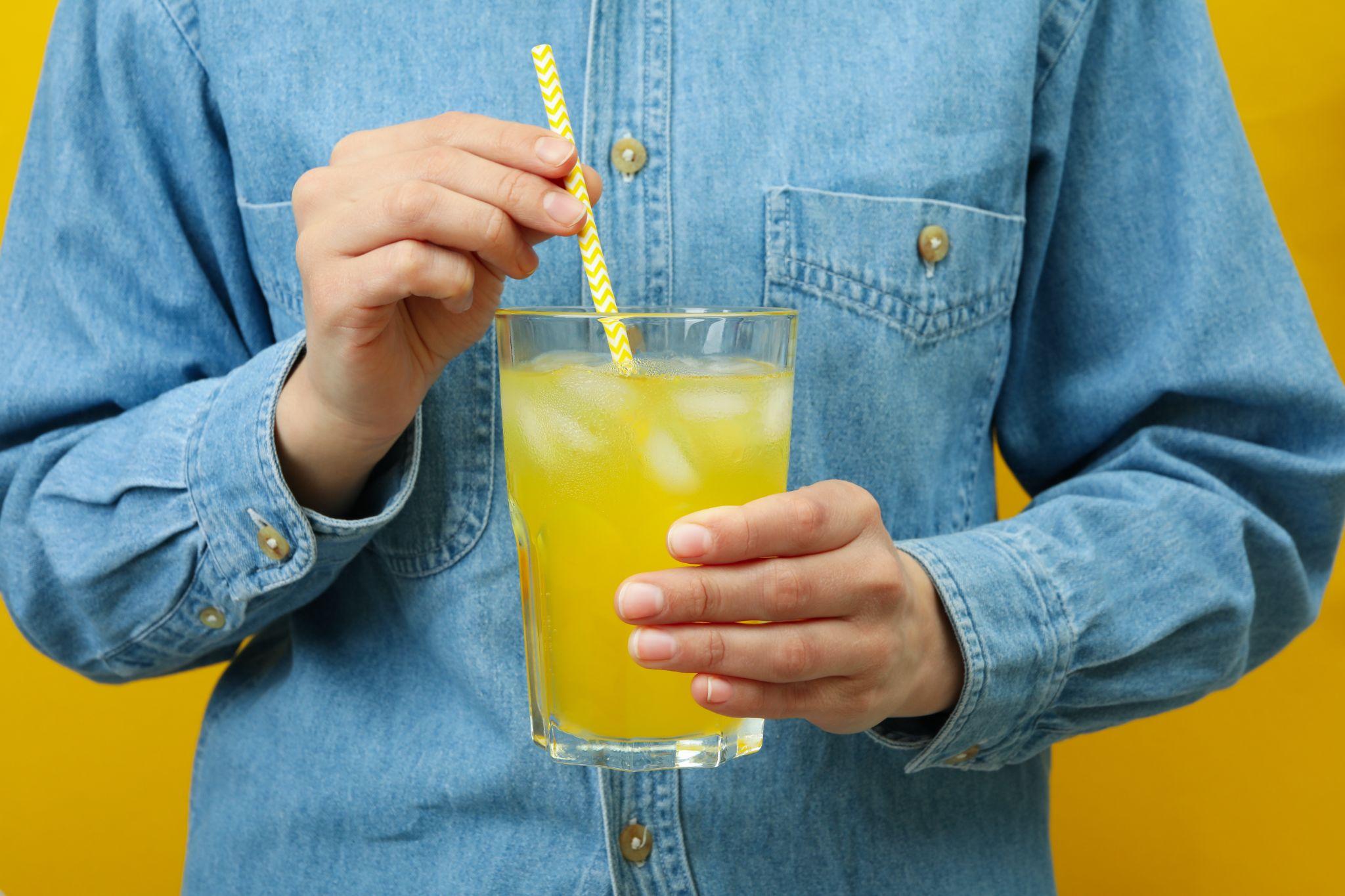Dealing with addiction recovery often means navigating a world where alcohol consumption is everywhere. Whether at social gatherings, family events, or casual hangouts, the pressure to drink is present.
For someone in recovery, this peer pressure can be a significant hurdle. Knowing how to prepare for peer pressure to drink by using practical strategies can significantly help you or your loved one stay on the path to sobriety.
What Is Peer Pressure?
Peer pressure can come from various sources, each with its own dynamics and challenges. Understanding these sources is the first step in developing effective strategies to resist them.
- Friends and Social Circles: Friends often want to share experiences, and drinking can be a part of that. They may pressure you to drink to feel included or to maintain the group’s social dynamic.
- Family Gatherings: Family events often involve alcohol, and relatives may encourage drinking as part of tradition or celebration.
- Work Environments: Office parties and networking events can also involve alcohol, where colleagues might encourage drinking to fit in or unwind.
Deflection Strategies
Knowing how to deal with peer pressure to drink alcohol can involve deflecting it and diverting the conversation, or finding ways to say no without feeling awkward or uncomfortable.
1. Change the Subject
When someone offers you a drink, instead of focusing on the refusal, shift the conversation to a different topic. If a friend says, “Can I get you a beer?” you could respond with, “No thanks, but I’d love to hear more about that new project you’re working on.” This approach not only diverts attention but also shows genuine interest in the person you’re talking to, which can make the refusal less noticeable.
2. Use Humor
Humor can be a great tool to deflect peer pressure without creating tension. If someone insists you have a drink, you could joke, “No thanks, if I had a drink, I’d be the one dancing on tables and no one wants to see that!” Using humor can lighten the mood and deflect the pressure without making the situation uncomfortable.
3. Offer Alternatives
Suggesting a non-alcoholic alternative can help steer the conversation away from drinking. If someone offers you a drink, you could say, “I’ll pass on the beer, but sparkling water would be great.” This shows that you’re still willing to partake in the social aspect of the event without consuming alcohol.
4. Express Appreciation
Showing gratitude while declining can soften the refusal. If a friend offers you a drink, you might respond with, “Thanks for thinking of me, but I’m good with just my soda.” This way, you acknowledge their gesture without accepting the drink.
5. Use Personal Goals as a Reason
Sometimes, stating a personal goal or commitment can be an effective way to deflect pressure. You could say, “I’m training for a marathon and alcohol affects my performance, so I’m sticking to water tonight.” People are generally respectful of personal goals and this gives a clear, understandable reason for your refusal.
6. Be Honest and Direct
If you feel comfortable, a straightforward approach can also be effective. Simply saying, “I’ve decided not to drink tonight,” or “I’m working on my sobriety,” can be powerful. Honesty can often earn you respect and reduce future pressures.
7. Carry a Non-Alcoholic Drink
Having a drink in hand can reduce the frequency of offers. Hold a soda, mocktail, water, or a non-alcoholic beverage throughout the event. This can create the appearance that you’re already partaking, which often deters further offers.
8. Bring Your Own Drink
Bringing your own non-alcoholic drink to a party can be a great way to avoid alcohol offers. You can say, “I brought my favorite sparkling water, so I’m all set.” This not only avoids peer pressure but also ensures you have a beverage you enjoy.
Setting Boundaries
Setting clear boundaries is crucial in resisting peer pressure. It involves being honest and assertive about your limits and expectations. Here are some strategies to help you set and maintain boundaries:
Be firm. When saying no, be clear and assertive. “I don’t drink anymore, but thanks for offering.” Being firm leaves no room for ambiguity and reduces the likelihood of repeated offers.
Use “I” statements. Frame your boundaries in terms of your needs and experiences. “I feel much better when I don’t drink, so I’ve decided to stay sober.” This approach centers your perspective and makes it personal.
Prepare responses in advance. Have a few prepared responses ready for when you’re offered a drink. “I’m good with my soda, thanks,” or “I’m not drinking tonight, but let’s catch up.” Being prepared helps you respond confidently.
Removing Yourself From the Situation
There are times when the best strategy is to remove yourself from a situation where the pressure to drink is too high. Knowing when and how to do this can be vital for maintaining your sobriety.
Plan your exit. If you anticipate heavy drinking at an event, have a plan to leave early. “I have an early morning, so I’ll be heading out soon.” This allows you to participate without feeling pressured to stay longer than you’re comfortable.
Bring a sober friend. Attend events with a friend who shares and supports sobriety. “Hey, let’s go together and keep each other company.” Having someone with you can make it easier to resist pressure and leave if necessary.
Know when to leave. If the pressure becomes too intense, don’t hesitate to excuse yourself. “It’s been great, but I need to head out.” Leaving a situation that feels overwhelming is a powerful way to protect your sobriety.
Avoiding Peer Pressure Before It Starts
Preemptive strategies can help you avoid peer pressure to drink alcohol altogether, making it easier to maintain your sobriety.
Establish boundaries early. Let people know your stance on drinking before any social events. “Just a heads-up, I won’t be drinking at the party tonight.” This sets clear expectations and reduces the likelihood of being pressured.
Choose your events wisely. Attend gatherings where you know drinking won’t be the main focus. “I’d love to join you for a hike this weekend instead of the usual bar outing.” Look for activities that don’t revolve around alcohol.
Plan non-alcoholic activities. Suggest alternatives to alcohol-centric events. “How about we go to a movie or have a game night instead?” By proposing different activities, you can enjoy socializing without the pressure to drink.
Have a support system. Build a network of friends and family who respect and support your sobriety. “Let’s hang out with people who enjoy doing things without drinking.” Surrounding yourself with supportive people makes it easier to resist pressure.
Find Support for Peer Pressure and Drinking With Lumina Recovery
Resisting peer pressure to drink is a critical skill for maintaining sobriety. By understanding the sources of peer pressure, using deflection strategies, setting boundaries, knowing when to remove yourself from a situation, and using preemptive measures, you can navigate social scenarios with confidence.
Lumina Recovery offers comprehensive therapy options and an effective alcohol addiction treatment program to help you stay sober and thrive.
If you or a loved one needs support for alcohol addiction, do not hesitate to contact our addiction treatment specialists today.



